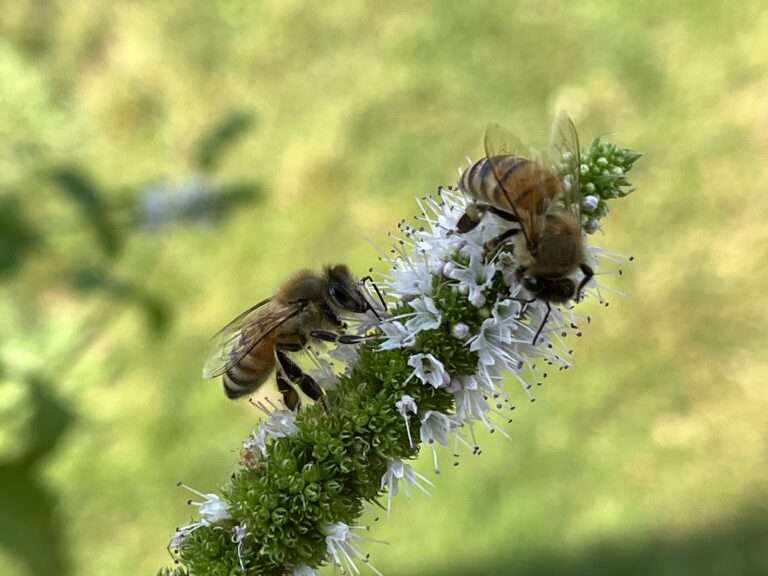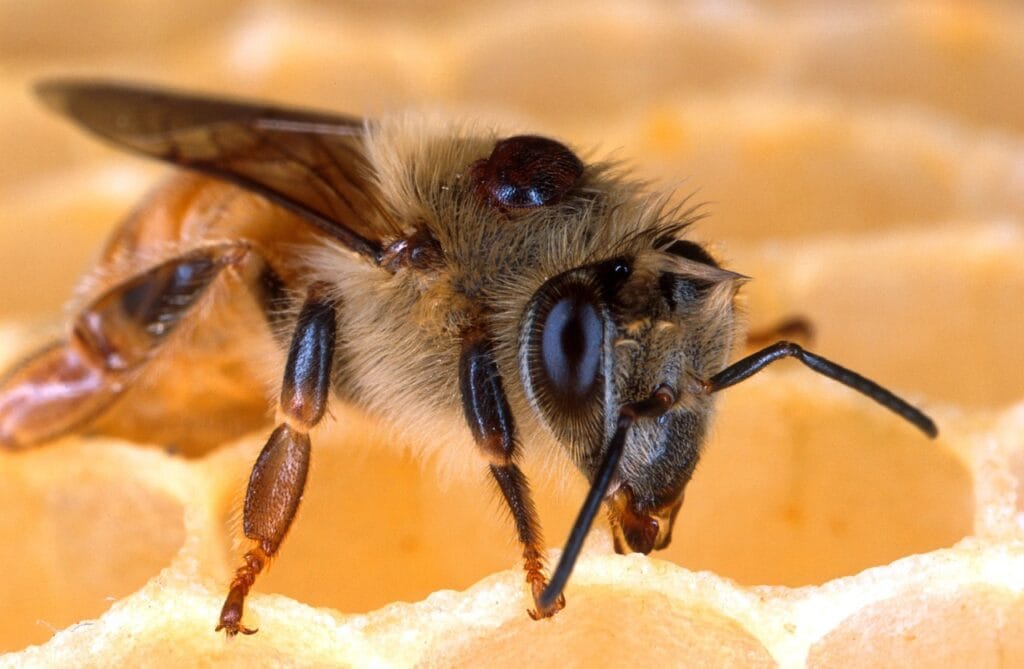Here’s why resistant bee stocks like Russian and VSH bees are better for mite control
Resistant bee stocks like Russian and Varroa Sensitive Hygiene (VSH) bees are better for mite control because they exhibit specific behavioral and biological traits that naturally suppress Varroa mite populations:
1. Suppressed Mite Reproduction and Removal of Infested Brood
- VSH bees possess heightened ability to detect, uncap, and remove brood that is infested with reproducing Varroa mites. This breaks the mite’s reproductive cycle, reducing mite reproduction and overall infestation in the hive[1][2][3][4].
- Russian bees were selected from stocks that coexisted with Varroa mites in their native range and developed both VSH-like behaviors and additional resistance mechanisms[5][2].
2. Enhanced Grooming Behavior
- Both Russian and VSH bees tend to groom and remove phoretic (adult) mites from each other more effectively, leading to additional direct removal of mites from the colony environment[5][2].
3. Slower Mite Population Growth
- Russian bees, in particular, show much slower Varroa population increases compared to standard domestic strains. Research indicates Russian bee colonies can have half or even less the mite population growth seen in conventional stocks over the same time period[5][1].
- The combination of VSH behavior (removal of mite-infested brood) and grooming reduces both initial infestation and subsequent Varroa population expansion.
4. Adapted Reproductive and Colony Dynamics
- Russian bees are more likely to interrupt brood rearing in response to environmental cues, naturally imposing brood breaks. Since Varroa rely on brood for reproduction, these breaks further suppress mite growth[5].
5. Reduced Need for Chemical Treatments
- Because these resistant bees control mites through natural behaviors, mite loads stay lower and chemical treatments are needed less frequently. This helps delay resistance in mite populations and reduces chemical residues in hives[3].
6. Additional Benefits
- Some studies suggest these bee stocks may also show greater tolerance to viruses associated with Varroa infestation, leading to healthier colonies even under low-to-moderate mite pressure[2].
Summary Table
| Bee Stock | Key Resistance Traits | Impact on Varroa |
| Russian | VSH, grooming, brood breaks, adapted defenses | Slower mite growth, lower loads |
| VSH | Detects/removes mite-infested brood, VSH genes | Reduced mite reproduction |
In Summary
Resistant bee stocks are not immune to infestation, but their natural behaviors keep mite populations consistently lower, making them a powerful foundation for integrated mite management[1][5][2][3].
⁂



